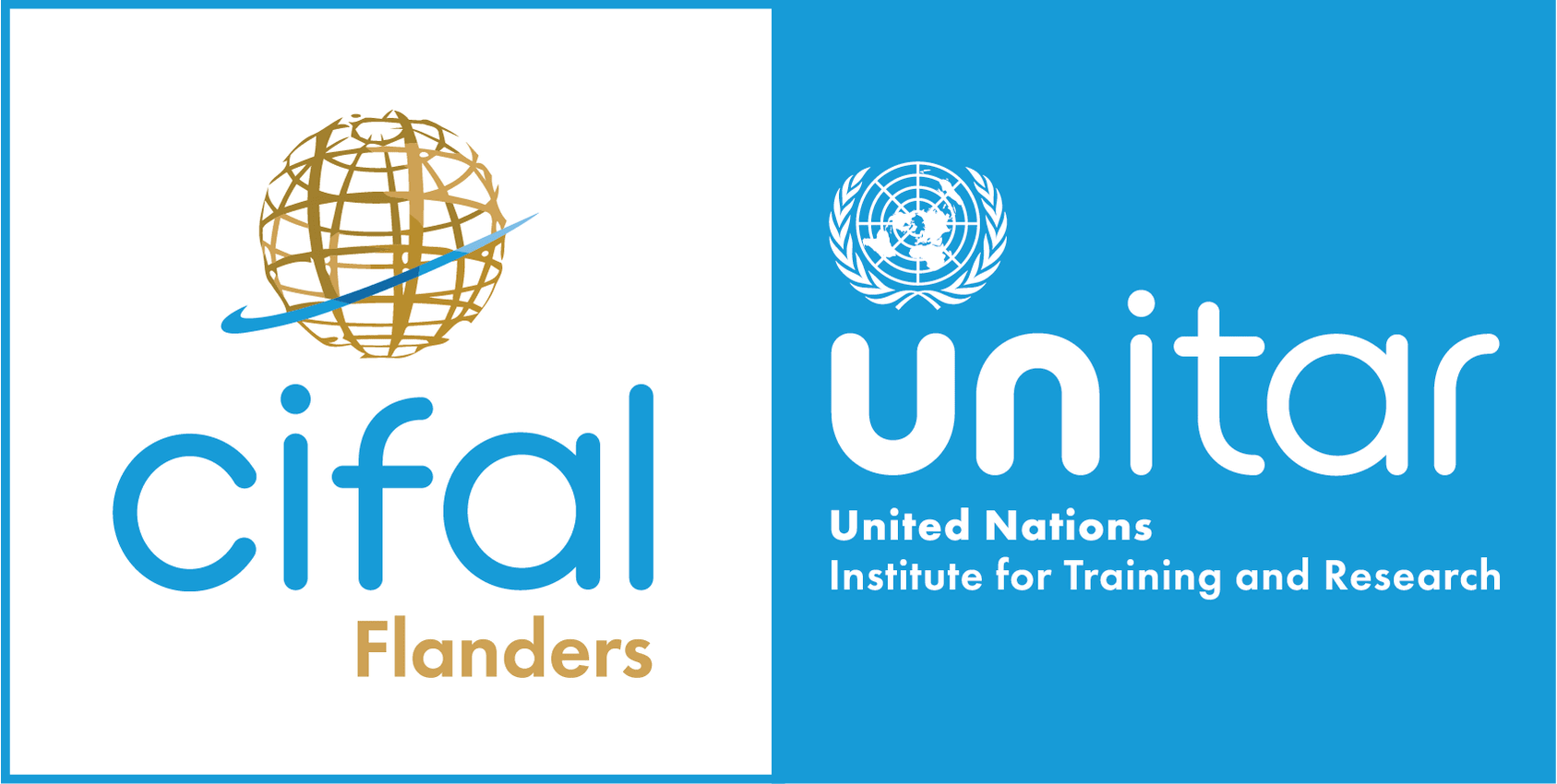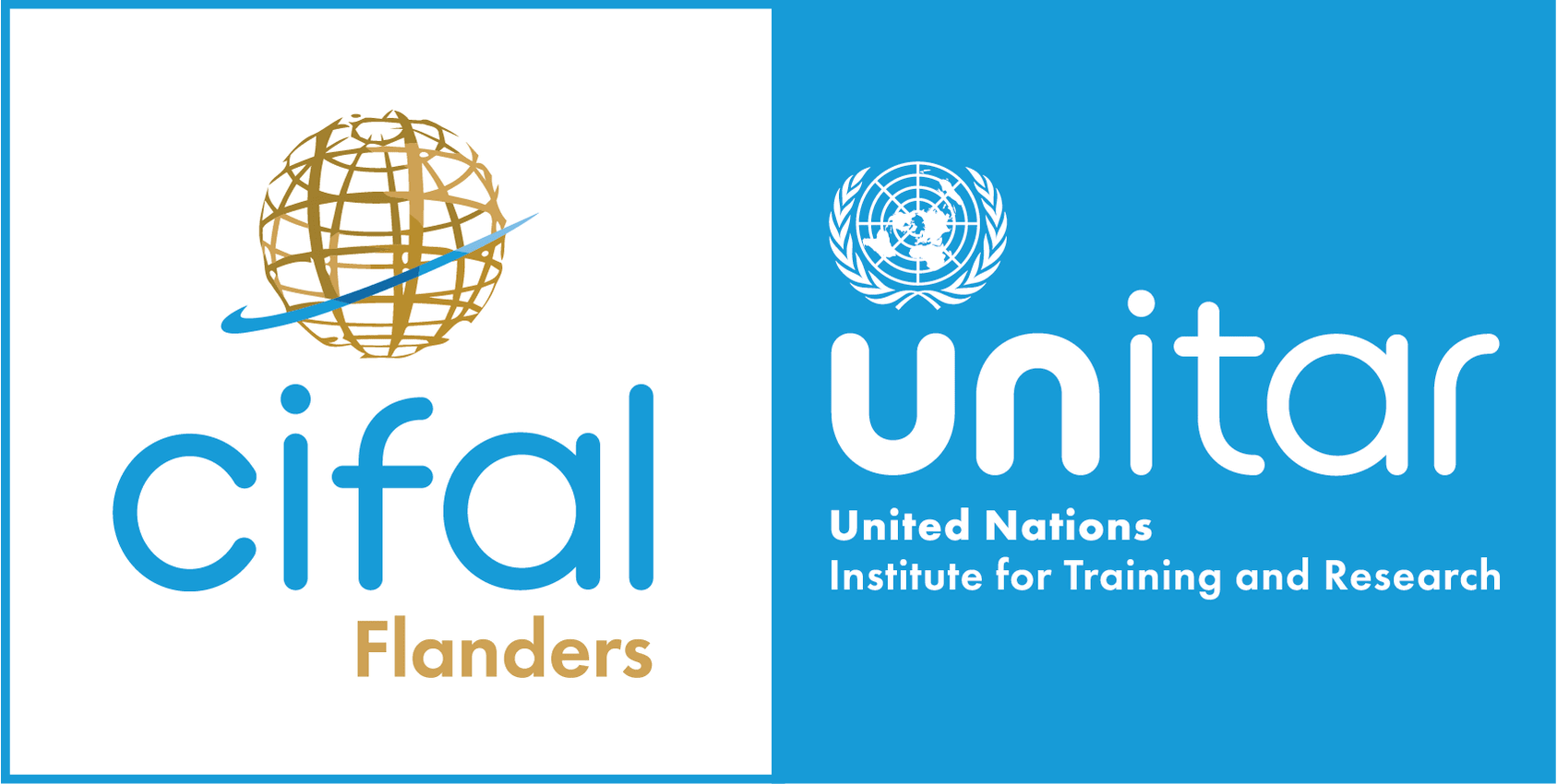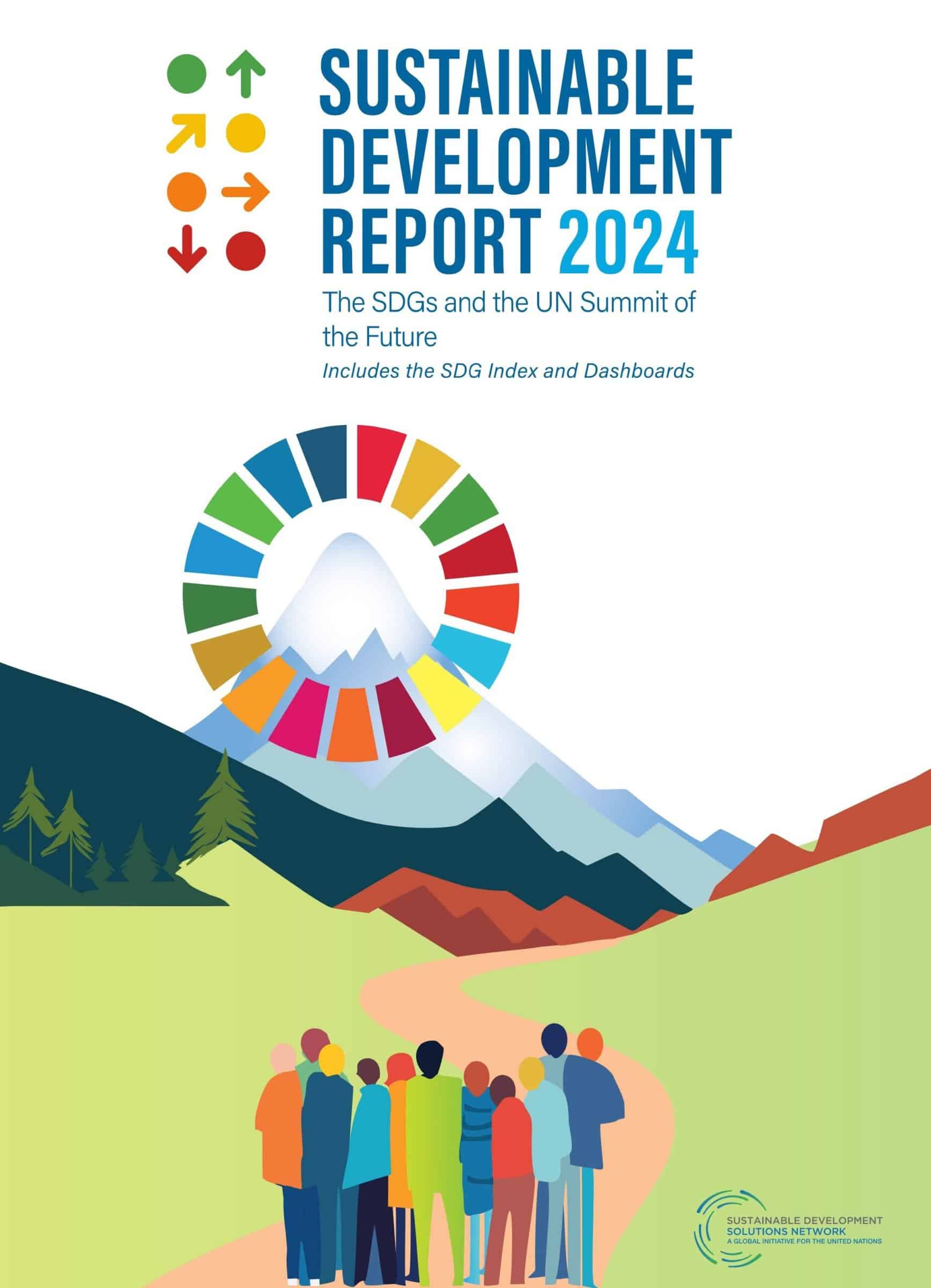On 17 June – The UN Sustainable Development Solutions Network (SDSN) has launched the 9th edition of the Sustainable Development Report. This edition is particularly significant as it incorporates a new index evaluating the commitment of 193 UN Member States towards UN-based multilateralism and includes new pathways for achieving sustainable food and land systems by mid-century. The report also emphasises strategies for revamping the United Nations to tackle the pressing challenges of the 21st century and bridge substantial financial gaps hindering the achievement of the Sustainable Development Goals (SDGs).
Ranking and Scores
The 2024 edition of the SDG Index reveals Finland as the global leader in sustainable development with a top score of 86.35. Belgium, significantly noted for its progress, ranks 17th with a score of 80.04, improving from 19th place last year. Conversely, South Sudan is at the bottom of the Index, highlighting the challenges faced by countries with military conflicts and socio-economic instability.
European Performance
European nations, particularly those within the European Union, continue to dominate the top rankings of the SDG Index, with most included in the top 25. This underscores the region’s strong commitment to sustainable development goals, despite facing significant challenges in areas like Zero Hunger and Climate Action.
Key Findings of the Report
This year’s report highlights five critical observations:
- Global progress on SDGs has stalled, with only 16% of the targets on track for achievement by 2030, with significant regressions in areas like hunger, sustainable cities, marine life, and terrestrial ecosystems.
- While Nordic countries lead in SDG achievement, developing regions lag significantly, widening the global inequality gap.
- The necessity for reform in global financial architecture to mobilise essential public goods funding is more urgent than ever.
- A stronger commitment to multilateralism is needed, with new metrics for better monitoring and cooperation.
- Food and land systems are severely off-track, with sustainable practices required to bridge the gap in climate and biodiversity targets.
CIFAL Team Engagement
The CIFAL Flanders team is attending and following the SDSN’s conference, “Paving the way to the Pact of the Future,” held in Portugal and online. This conference focuses on the urgent and transformative actions required for sustainable development, with special attention on education, youth engagement, and new economic measures beyond GDP. The event also marked the official release of the Sustainable Development Report 2024.
Background on the Sustainable Development Report
The Sustainable Development Report (SDR) annually reviews global progress on the Sustainable Development Goals (SDGs) since their adoption in 2015. Each edition evaluates specific areas under review at that year’s High-Level Political Forum and aims to steer international efforts toward a more sustainable future. This year’s report, coordinated by Guillaume Lafortune at the SDSN’s SDG Transformation Center, with cooperation from Jeffrey D. Sachs and Grayson Fuller, highlights the ongoing challenges and potential pathways forward. It does so particularly in the context of the upcoming UN Summit of the Future, underlining the urgency and necessity of global cooperation for achieving the SDGs.


